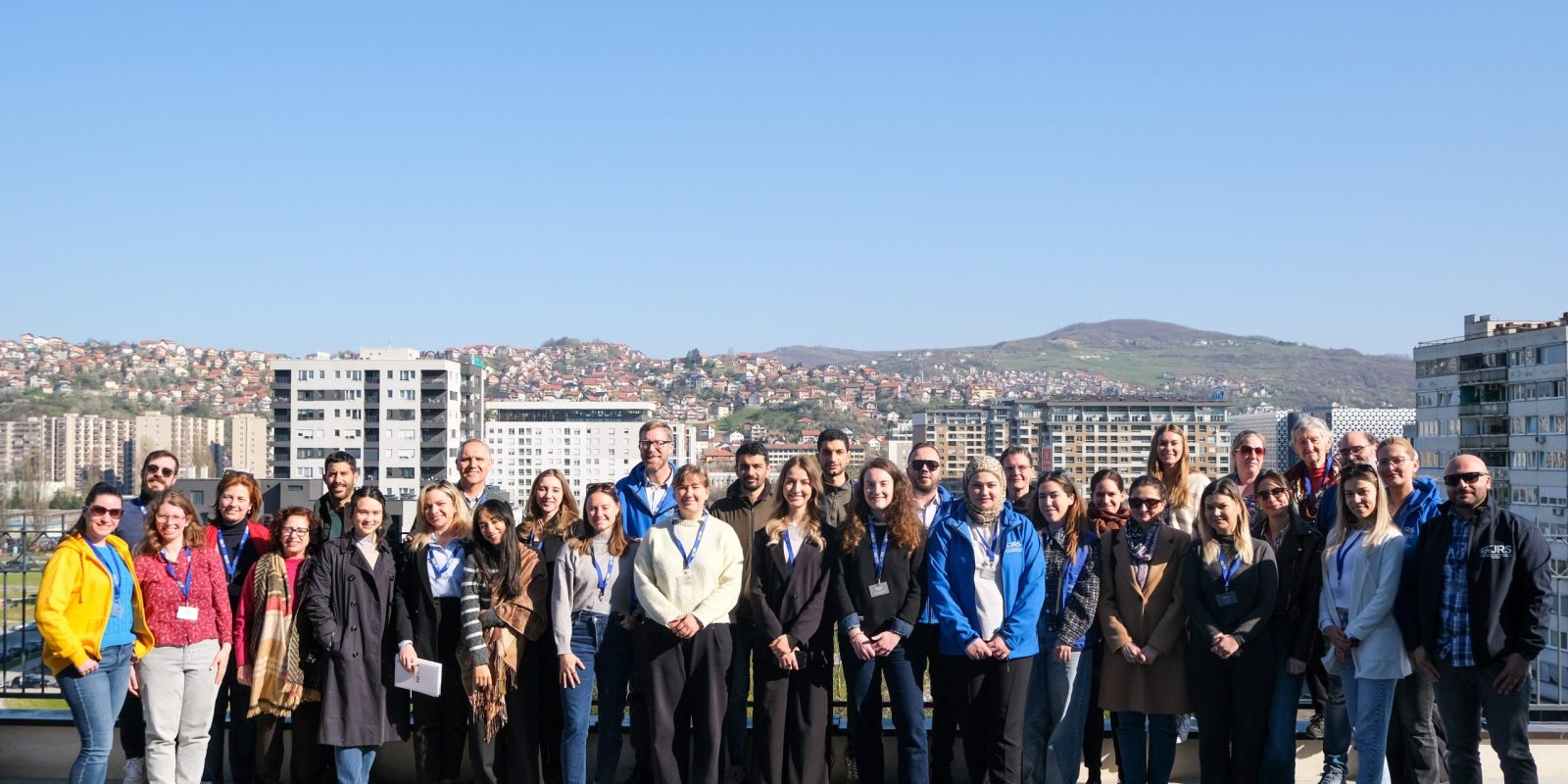Living in detention in the time of Covid-19: Increased isolation, uncertainties and risks
03 June 2021
The Covid-19 pandemic worsened conditions in detention centres across the EU. Detainees had to face the fear of the virus in facilities where overcrowding, poor hygiene conditions and difficulties in accessing legal and medical assistance were often already a daily reality before the pandemic. Moreover, as shown by research from JRS Europe and its partners, detainees experienced increased isolation and enormous difficulties in finding information and communicating with the outside world.
Extremely limited contact with outside world
During lockdown of Spring 2020, almost all countries prohibited access to detention centres for people other than the staff for at least two months. Detainees’ contacts with the outside world had to switch to remote tools. This proved challenging because of the limited possibility for detainees to access phones or internet . After the lockdown, visits slowly resumed. However, limitations often remained in place and new rules for visitors, such the prohibition of accessing common rooms, were introduced.
JRS visitors reported a general sense of anxiety among detainees, who felt disconnected from the outside world and did not feel sufficiently informed about the pandemic and the impact it would have on their legal situation. Also, access to legal and medical services became more difficult during lockdown as well as during the period that followed.
Many obstacles to respect basic Covid-19 prevention rules
The way Covid-19 prevention measures were implemented in detention centres varied enormously from one facility to another. This was mainly due to the lack of common guidelines from responsible administrations, in addition to the already existing differences in infrastructure and practices among detention centres even in the same country.
In general, as in detention centre detainees normally share all their living spaces with many people, respecting physical distancing was often impossible, with a high risk of contracting and spreading the virus among detainees and staff as a consequence. The provision and use of masks and hand sanitisers also varied greatly. Where hygiene conditions were problematic already before the pandemic, they remained so, adding another obstacle to the prevention of contagion.
Common rules on Covid-19 prevention and virus-safe visits needed
If Member States maintain the use of detention during situations of (semi) lockdown, JRS recommends the responsible national authorities:
- Ensure that detainees can have remote contact with their families, legal assistants and representatives, and NGO visitors.
- Establish national protocols on visits to guarantee Covid-19-safe access to detentioncentres for external visitors, including for legal and medical assistance
- Establish national guidelines on Covid-19 prevention measures, g. the maximum number of people allowed to share sleeping and hygienic facilities, how to organise common rooms and canteens, and the distribution and use of PPE for detainees and staff


